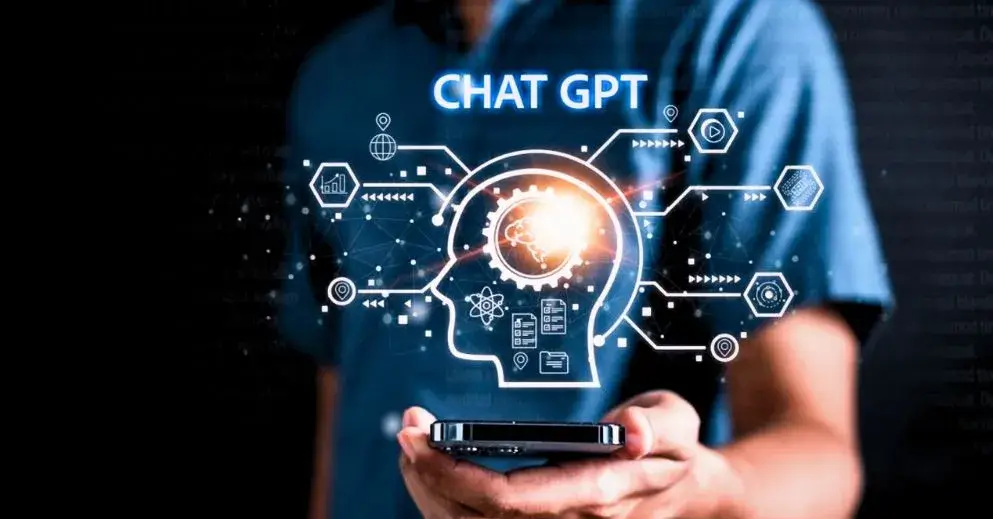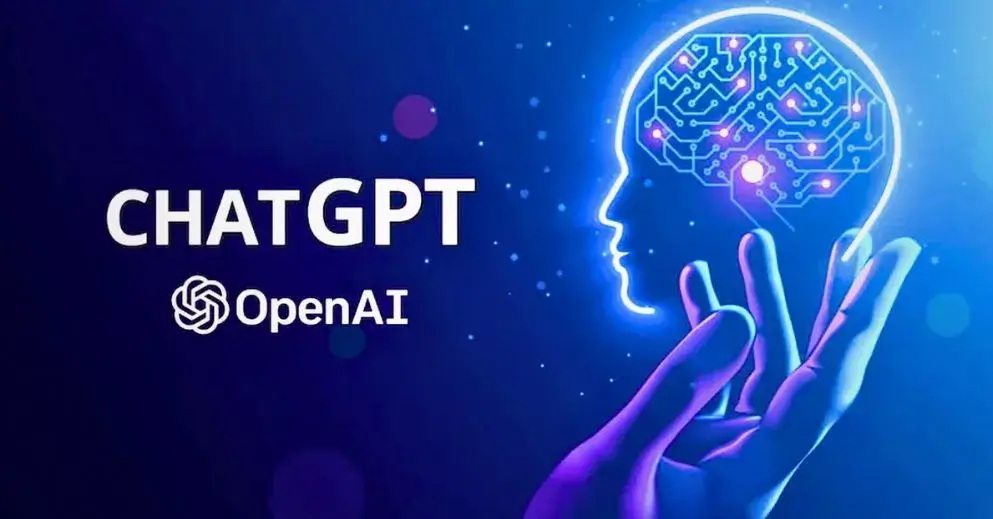Is ChatGPT Really a Threat to Our Jobs?
In recent years, the rise of artificial intelligence (AI) has sparked concerns about its potential to disrupt the job market. ChatGPT, created by OpenAI, stands at the forefront of this AI evolution.
People Also Read: Top 10 Contrasts between Chatgpt vs Bing Ai
People Also Read: Red Dead Redemption 2: The Tesla Connection
While some argue that AI could replace certain roles, particularly in the white-collar sector, the reality may be more nuanced than feared.
In this article, we will delve into the impact of ChatGPT and related AI technologies on various job roles. We will explore the capabilities of AI, the limitations it faces, and the jobs most susceptible to automation.
The Power of ChatGPT: Beyond Expectations
Since its launch in November, ChatGPT has demonstrated its versatility by performing a range of tasks, from writing cover letters to assisting students with their essays.
Google even considered it capable of functioning as an entry-level coder. Amazon employees praised its ability to handle customer support queries and generate training documents effectively.
These achievements suggest that AI could potentially replace human roles in certain domains.

The Fear of Job Losses: A Real Concern
Companies are taking notice of AI’s capabilities. Giants like IBM and BT Group have cited AI as a reason for job cuts, with no guarantees of positions returning.
The fear of widespread job displacement has fueled discussions about the future of work. However, it’s essential to examine the predictions and facts regarding AI’s impact on employment.
The Evolution of AI Predictions: From 2013 to Now
In 2013, a University of Oxford study predicted that AI could eliminate 47% of US jobs within two decades. However, recent findings indicate that this forecast may have been overly pessimistic.
A study by Goldman Sachs suggests that generative AI tools could affect approximately 300 million full-time jobs globally, potentially causing significant disruptions.
AI as a Tool, Not a Replacement
While AI shows promise in various applications, Anu Madgavkar, a partner at the McKinsey Global Institute, emphasizes the importance of human judgement when utilizing these technologies.
AI, including ChatGPT, is not infallible and can generate misinformation, provide incorrect solutions to coding problems, and make errors in basic mathematics.
It is crucial to view AI as a tool that enhances productivity rather than a complete replacement.
Identifying Vulnerable Job Roles
To gain a deeper understanding of which job roles may be most susceptible to AI replacement, Insider consulted experts and conducted research.
While the following list is not exhaustive, it provides insights into 10 roles that could be impacted by AI technologies.
- Customer Support Representatives
AI-powered chatbots like ChatGPT have demonstrated proficiency in answering customer queries. This could lead to reduced demand for human customer support representatives, particularly for routine inquiries.
- Data Entry Specialists
Tasks involving data entry and organization are susceptible to automation. AI algorithms can handle large datasets efficiently, potentially reducing the need for human data entry specialists.
- Content Writers
The ability of AI to generate written content raises questions about the future of content writing jobs.
While AI can assist in content creation, the human touch may still be necessary for creativity and authenticity.
- Administrative Assistants
Routine administrative tasks such as scheduling appointments and managing emails may become automated, affecting the demand for administrative assistants.
- Financial Analysts
AI-driven algorithms can analyze financial data and make investment recommendations. This could impact roles that primarily involve data analysis and financial modeling.
- Paralegals and Legal Assistants
Legal research and document review tasks may be streamlined through AI, potentially affecting paralegal and legal assistant roles.
- Data Analysts
AI’s ability to process and analyze data at scale may influence the demand for data analysts, although human expertise in data interpretation remains crucial.
- Accountants
Routine accounting tasks like data entry and reconciliation may be automated, but accountants may still be needed for complex financial analysis and strategic planning.
- Medical Transcriptionists
AI-powered speech recognition can transcribe medical records accurately, potentially reducing the need for human transcriptionists in healthcare.
- Customer Relationship Managers
AI-driven systems can assist in managing customer relationships and analyzing customer data, potentially impacting roles focused on customer relationship management.
Conclusion
While the rise of AI, exemplified by ChatGPT, introduces new possibilities and challenges in the job market, it is crucial to approach these developments with a balanced perspective.
AI has the potential to automate certain tasks, but it may not entirely replace human roles. Human judgement, creativity, and critical thinking remain essential in various professions.
As we navigate the evolving landscape of AI and work, adapting and upskilling may be the keys to thriving in the digital age.
Rather than fearing AI’s impact, we can harness its capabilities to augment our skills and productivity, ultimately shaping a future where humans and AI coexist harmoniously.

